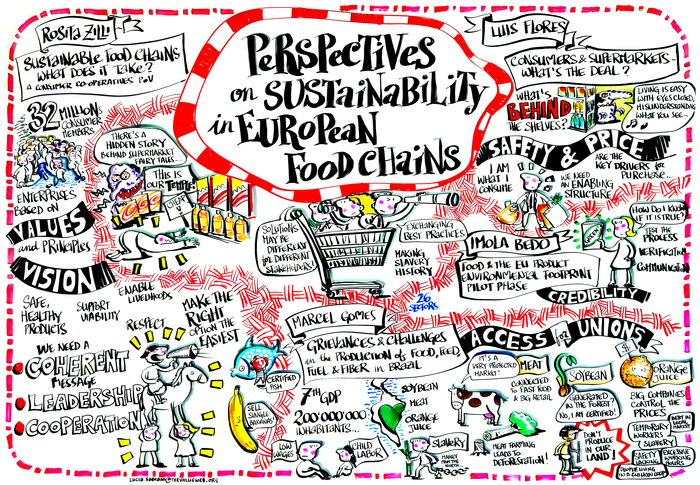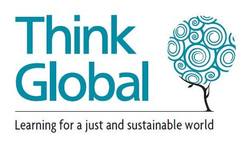The role of international joint procurement alliances in the procurement of store brand products
It is a common feature of the daily consumer goods trade to form chains, and there is also a trend towards strong centralization of procurement and logistics operations. In general, it is common in Europe for purchasers to be more centralized than producers and distributors. Important bulk purchasers in Europe are AMS; CO-OP; UNITED NORDIC and EMD.
Expanding international joint procurement, which adds to the buyer power held by retail stores, and facilitates abusive business practices, has further weakened the position of those producers that were already vulnerable, especially in developing countries.
Price competition between branded products and store brands, as well as between different retailers, is often carried out with no regard neither for the lives of the workers in producing countries, or for the environment.
The most devastating examples for unfair trading practices involve:
• Unilateral price cutting by retailers, without consultation of the suppliers
• Change in trading agreements being retrospectively applied
• Expenses and hazards being shifted to producers
• Ending trade relationships abruptly and on unfair grounds
• Modification of orders on short notice
• Producers being threatened with the termination of trade agreements if they can’t comply with extensive demands by retailers
• Retailers charging excessive penalties if producers can’t comply to preset delivery quantities
Producers rarely fight against these practices, because they operate under the constant threat of losing their main contractors, and thereby their means of subsistence. Unfair trading practices are very difficult to deal with for any producer, even from countries of the Global North. In the Global South, where social security is fragile and possibilities for employment are scarce, the effects are even more devastating.





